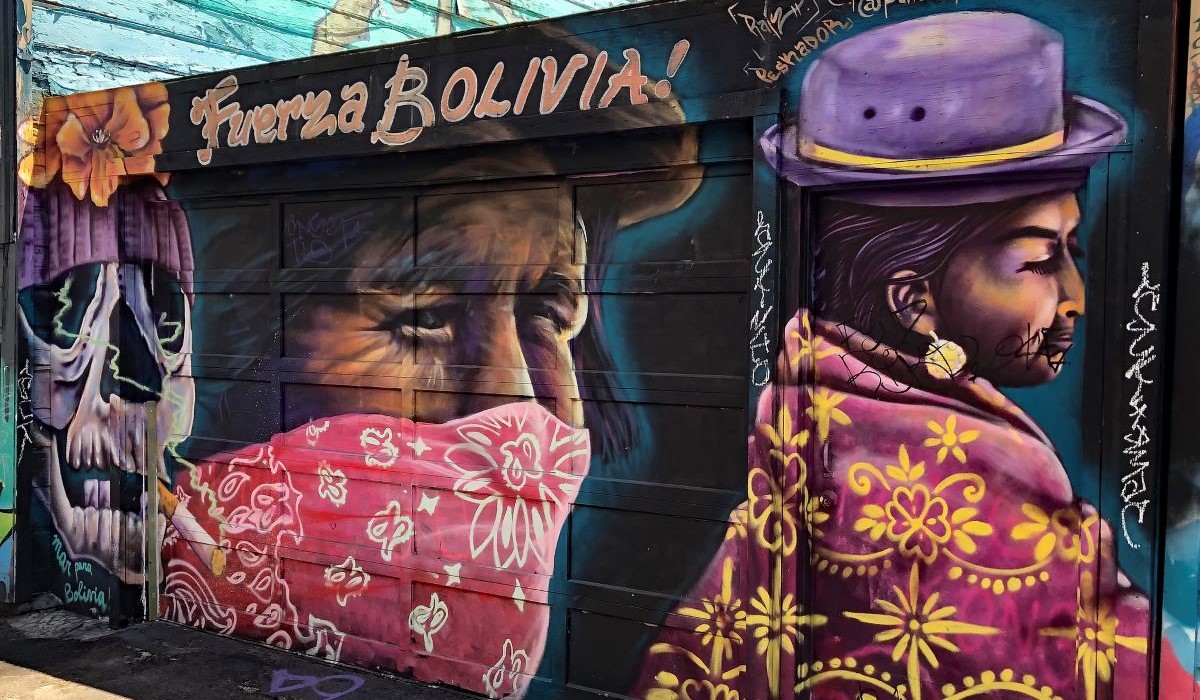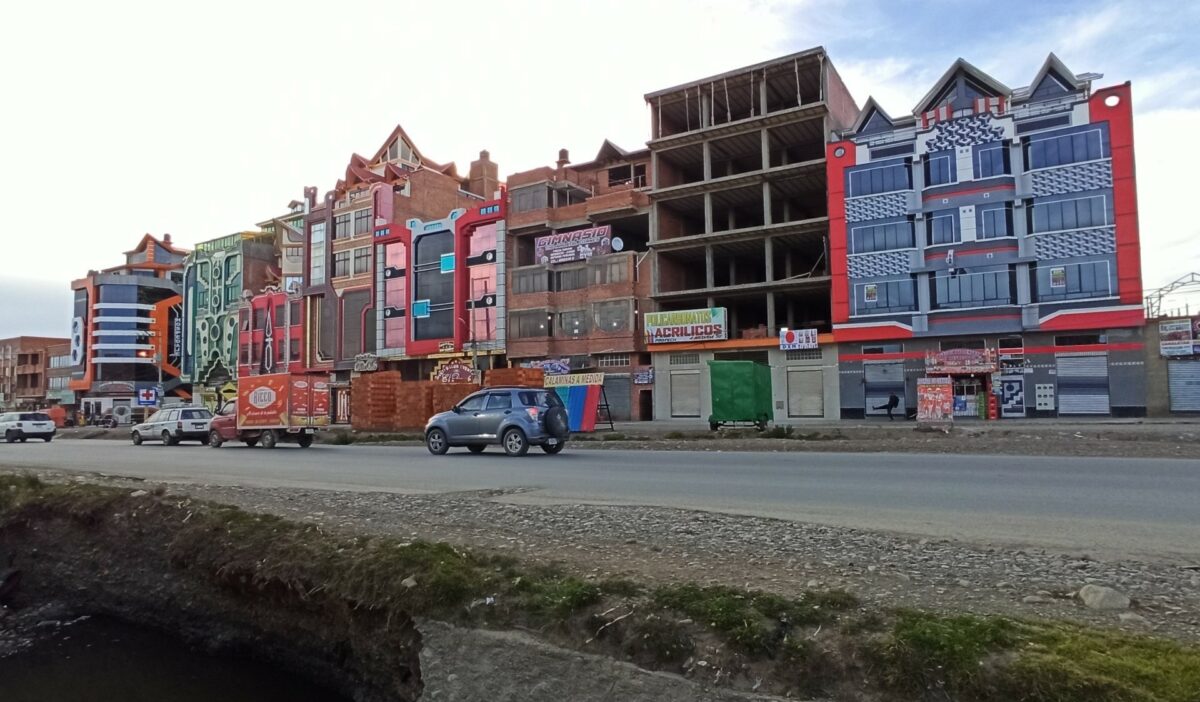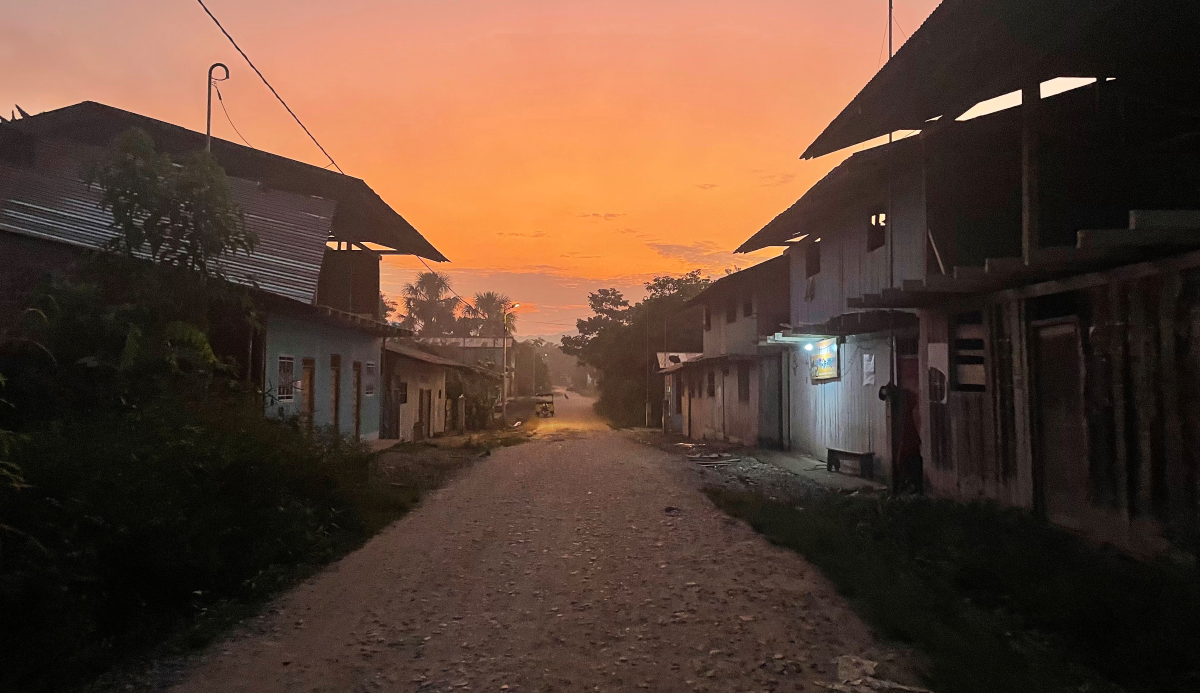By María Fernanda Córdova Suxo
The Indigenous subject has been positioned as a key player in alternatives to development. These alternatives refer to Indigenous People’s struggles and knowledge as distinct ways of facing current crises – including environmental, food, and capitalist crises. This positioning can be interpreted as a result of different indigenous movements working together across borders, in search of self-determination and the fulfillment of their human rights. However, this indigenous subject, within academia and other spheres from which power emerges, tends to be framed in abstract characteristics and is dissociated from the complexity of its context. Therefore, the evocation of indigeneities does not necessarily correspond to the stance that these groups currently demonstrate.
Continue reading “Rethinking Indigeneity”


